Chess= Chess Helps Every School Subject
- Academic Benefits:
Chess has been introduced to schools worldwide because it directly contributes to academic performance. Chess makes kids smarter. It does so by teaching the following skills:
- Focusing - Children are taught the benefits of observing carefully and concentrating. If they don’t watch what is happening, they can’t respond to it, no matter how smart they are.
- Visualizing - Children are prompted to imagine a sequence of actions before it happens. We actually strengthen the ability to visualize by training them to shift the pieces in their mind, first one, then several moves ahead.
- Thinking Ahead - Children are taught to think first, then act. We teach them to ask themselves “If I do this, what might happen then, and how can I respond?” Over time, chess helps develop patience and thoughtfulness.
- Weighing Options - Children are taught that they don’t have to do the first thing that pops into their mind. They learn to identify alternatives and consider the pros and cons of various actions.
- Analyzing Concretely - Children learn to evaluate the results of specific actions and sequences. Does this sequence help me or hurt me? Decisions are better when guided by logic, rather than impulse.
- Thinking Abstractly - Children are taught to step back periodically from details and consider the bigger picture. They also learn to take patterns used in one context and apply them to different, but related situations.
- Planning - Children are taught to develop longer range goals and take steps toward bringing them about. They are also taught of the need to reevaluate their plans as new developments change the situation.
- Juggling Multiple Considerations Simultaneously - Children are encouraged not to become overly absorbed in any one consideration, but to try to weigh various factors all at once.
None of these skills are specific to chess, but they are all part of the game. The beauty of chess as a teaching tool is that it stimulates children’s minds and helps them to build these skills while enjoying themselves. As a result, children become more critical thinkers, better problem solvers, and more independent decision makers.
- Educational Research - These conclusions have been backed up by educational research. Studies have been done in various locations around the world especially in the USA and Canada, showing that chess results actually increased scores on standardized tests for both reading and math. A study on a large scale chess program in New York City, which involved more than 100 schools and 3,000 children, showed higher classroom grades in both English and Math for children involved in chess. Studies in Houston, Texas and Bradford, Pennsylvania showed chess leads to higher scores on the Watson Glaser Critical Thinking Appraisal and the Torrance Tests of Creative Thinking.
- Social Benefits - In the schools, chess often serves as a bridge, bringing together children of different ages, races and genders in an activity they can all enjoy. Chess helps build individual friendships and also school spirit when children compete together as teams against other schools. Chess also teaches children about sportsmanship - how to win graciously and not give up when encountering defeat. For children with adjustment issues, there are many examples where chess has led to increased motivation, improved behavior, better self-image, and even improved attendance. Chess provides a positive social outlet, a wholesome recreational activity that can be easily learned and enjoyed at any age.
Chess is a mix of complexity and contradiction. It's entertaining, yet serious. It demands imagination and creativity, yet depends upon established patterns. Players must operate in the immediate, while imagining the future. It's as challenging as the most rigorous of mathematic or scientific problems, yet it's fun. It appears to proceed at a meditative pace, but the excitement is electric. And perhaps because of its unique counterposing of these and many more such opposites, chess is perfect for kids.
In Australia chess is taking off very slowly in schools, we really need parents to help initiate the fact that chess is a very important part of a childs life. A sport that has gone unrecognised which has so much potential. Contact your schools principle and ask if there is a chess program and if not start one. Make chess a part of the schools curriculum so your child can get at least one hour of chess a day.
IMPACT ON CHILDREN
Though chess has been around for over two thousand years, new evidence suggests it is one of history's most valuable educational tools. In 1997 studies found that the hidden rewards for students of chess are surfacing on test results in reading, science, and math, along with findings that indicate growth in critical cognitive abilities such as deducing, hypothesizing, strategic thinking, logic, future thinking and judgement. Beyond academia, chess also appears to influence social behavior, including self-esteem, respect for others, patience and old-fashioned notions of good manners.
Other research indicates the skills involved in playing chess are similar to those used in acquiring language. In short, a database of information is acquired (learning the pieces, their moves, and the openings, in addition to classifying them), which is then activated. Through use, shaped by training and experimental feedback, the student automatically engages deeper, more complex thinking skills. Comparisons have also been made between the type of thinking required by mathematicians and scientists to those of the chessplayer, not the least among them originality, that quality of on-demand inventiveness.
Chess is one of ancient culture's most valuable gifts to contemporary learners. It is rare we encounter a phenomenon that comes to us already well tested by time, by generations of people from all classes, of all languages, nationalities, both male and female. It is rare that we find within a single activity an opportunity to learn, to teach, to share, to invent, to compete, to entertain, and happily not to harm ourselves or others. The activity is chess. All it requires is curiosity.
I hope I did not bore you to much, Steven Nicholls Blog-Master
Other research indicates the skills involved in playing chess are similar to those used in acquiring language. In short, a database of information is acquired (learning the pieces, their moves, and the openings, in addition to classifying them), which is then activated. Through use, shaped by training and experimental feedback, the student automatically engages deeper, more complex thinking skills. Comparisons have also been made between the type of thinking required by mathematicians and scientists to those of the chessplayer, not the least among them originality, that quality of on-demand inventiveness.
Chess is one of ancient culture's most valuable gifts to contemporary learners. It is rare we encounter a phenomenon that comes to us already well tested by time, by generations of people from all classes, of all languages, nationalities, both male and female. It is rare that we find within a single activity an opportunity to learn, to teach, to share, to invent, to compete, to entertain, and happily not to harm ourselves or others. The activity is chess. All it requires is curiosity.
I hope I did not bore you to much, Steven Nicholls Blog-Master





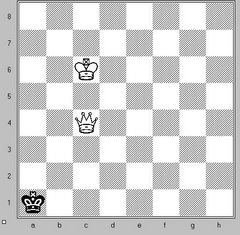
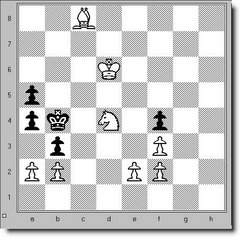
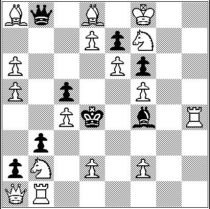
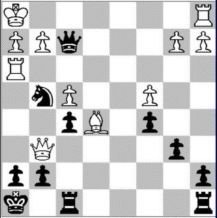
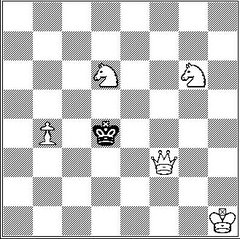
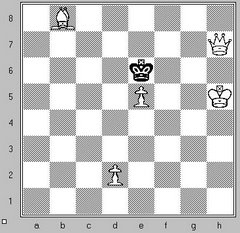
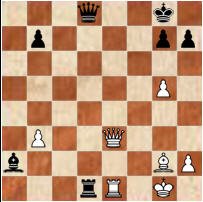

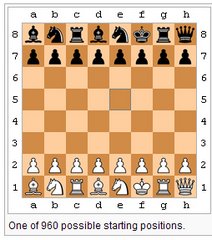
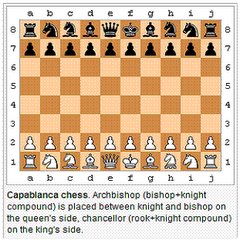
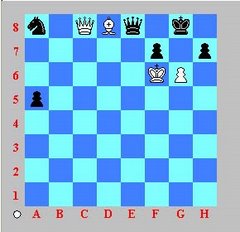
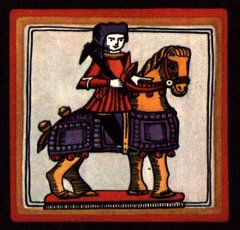
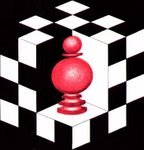




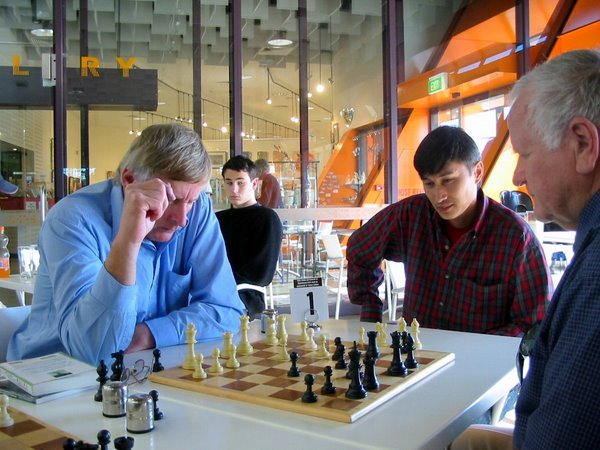
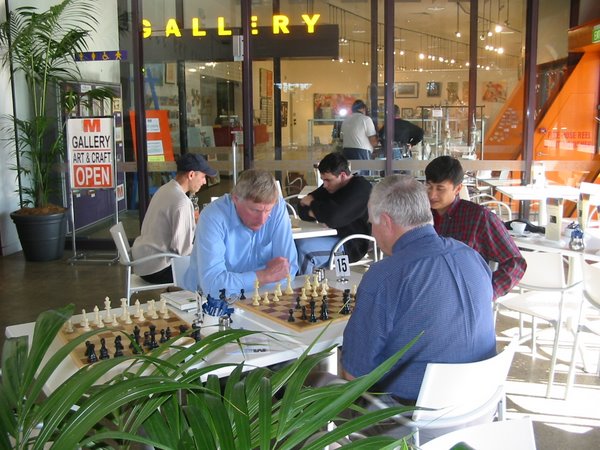
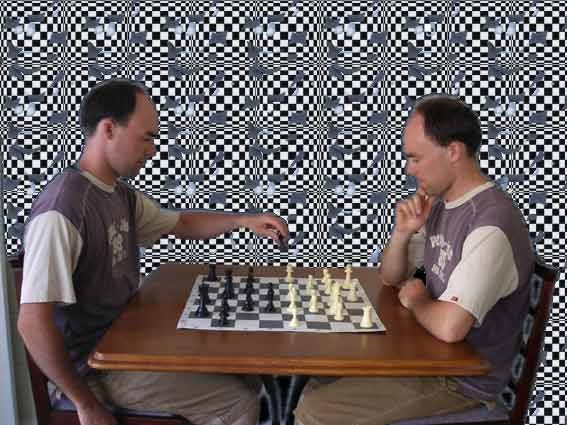

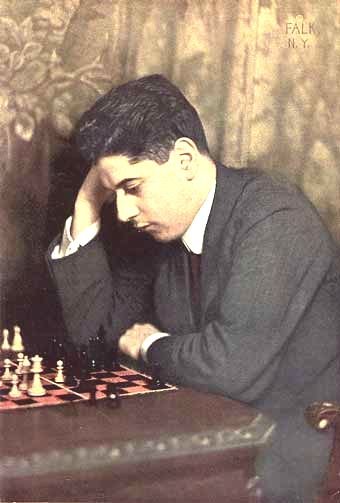
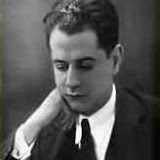
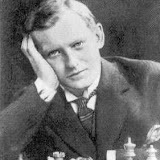


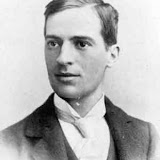

2 comments:
10/10.
Nice post thanks for shaaring
Post a Comment